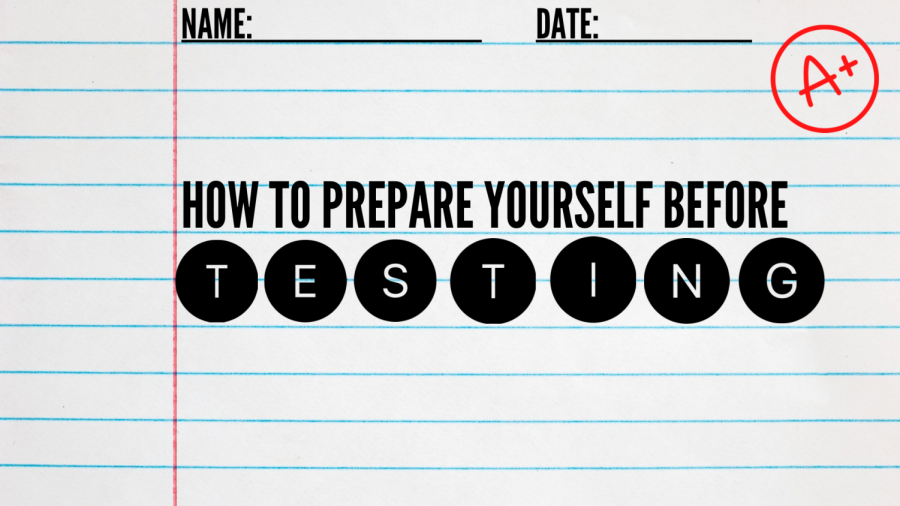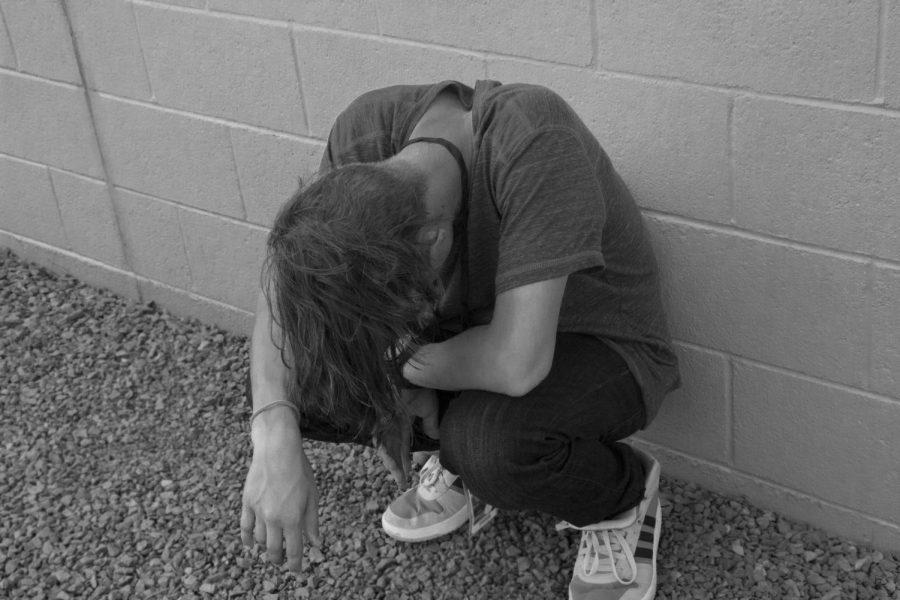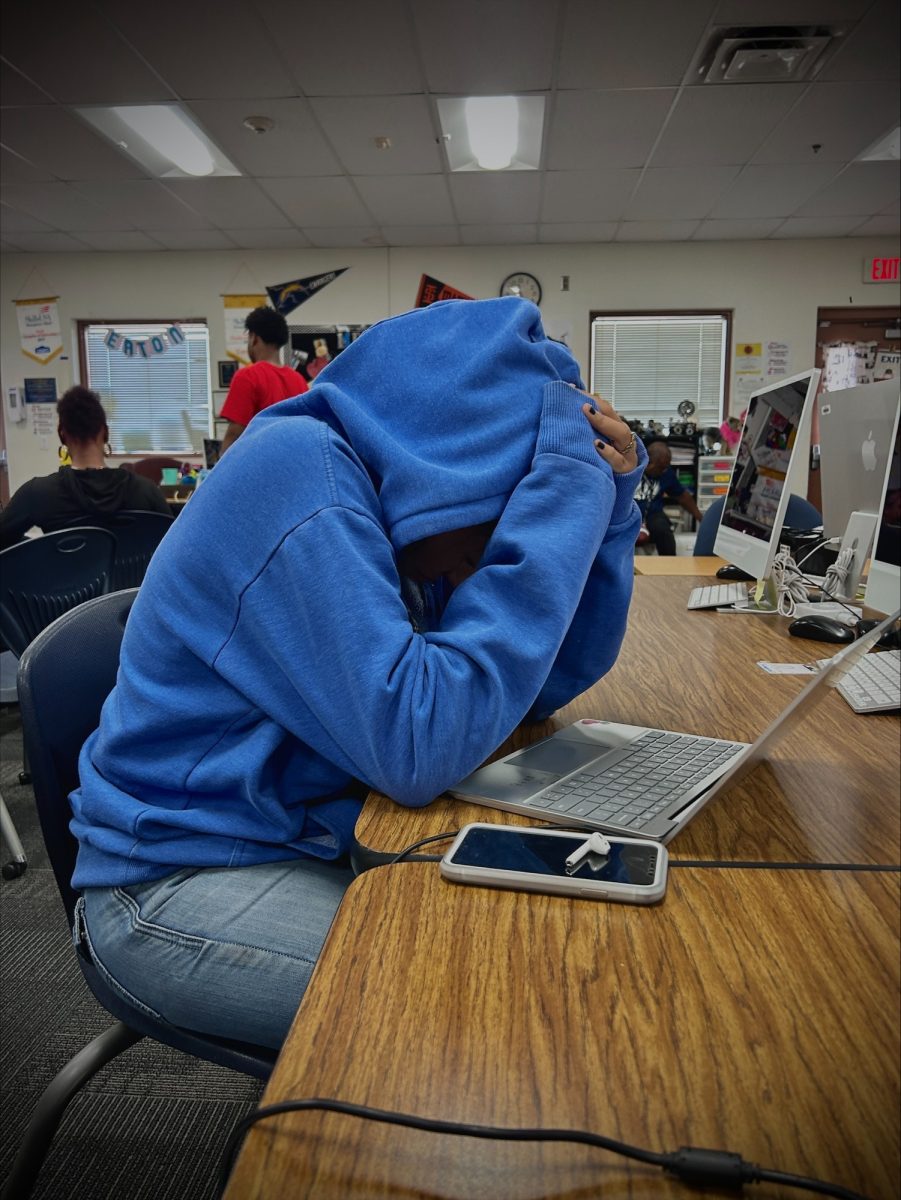Depression is a complex and serious health condition that affects millions of people worldwide. It is characterized by persistent feelings of sadness, hopelessness, and a loss of interest in activities once enjoyed. “I cope with sadness by going on a walk with music I connect too, it’s just me and my thoughts,” said, Junior, Emiliano Arroyo. Depression can impact a person’s thoughts, emotions, and physical well-being, making it difficult to carry out daily tasks. In reason years, there has been an increase in awareness about mental health, leading to more people seeking help and getting diagnosed. From 1980, to 2024, depression rates have increased by over 300 percent. It has gotten so bad that 1 in every 3 American adults have depression.
It’s important to remember that depression is not a sign of weakness or a personal flaw, but rather a medical condition that requires understanding, support, and professional help. “You will always be enough! Hold your head up high during good times as well as the tough times, cause the tough times will not last forever! It has to be a mindset!” said, social worker, Frenchlle Huggins. However, it’s also important to note that depression rates can vary depending on various factors such as genetics, biological, environmental, and psychological factors, some common triggers include major life changes, trauma, chronic illness, relationship problems, financial difficulties, and a family history of depression.
Everyone’s experience is unique and is always best to get professional help if you or someone you know is struggling. “Look into to talking (to) someone and have a connection. Perspective by looking at what you can control vs. Out of your control,” said, social worker, Venessa Romo. It’s crucial that we continue to prioritize mental health and work towards reducing the stigma surrounding depression.



















